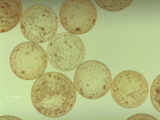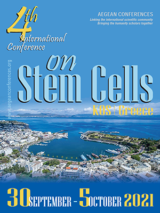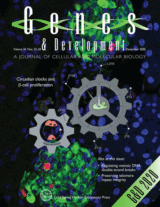
We are very happy and grateful to the Novo Nordic Foundation @novonordiskfond that will continue to support our research for the next 5 years! We are delighted to continue our work on the role of somatostatin-producing delta-cells in monogenic diabetes.…











